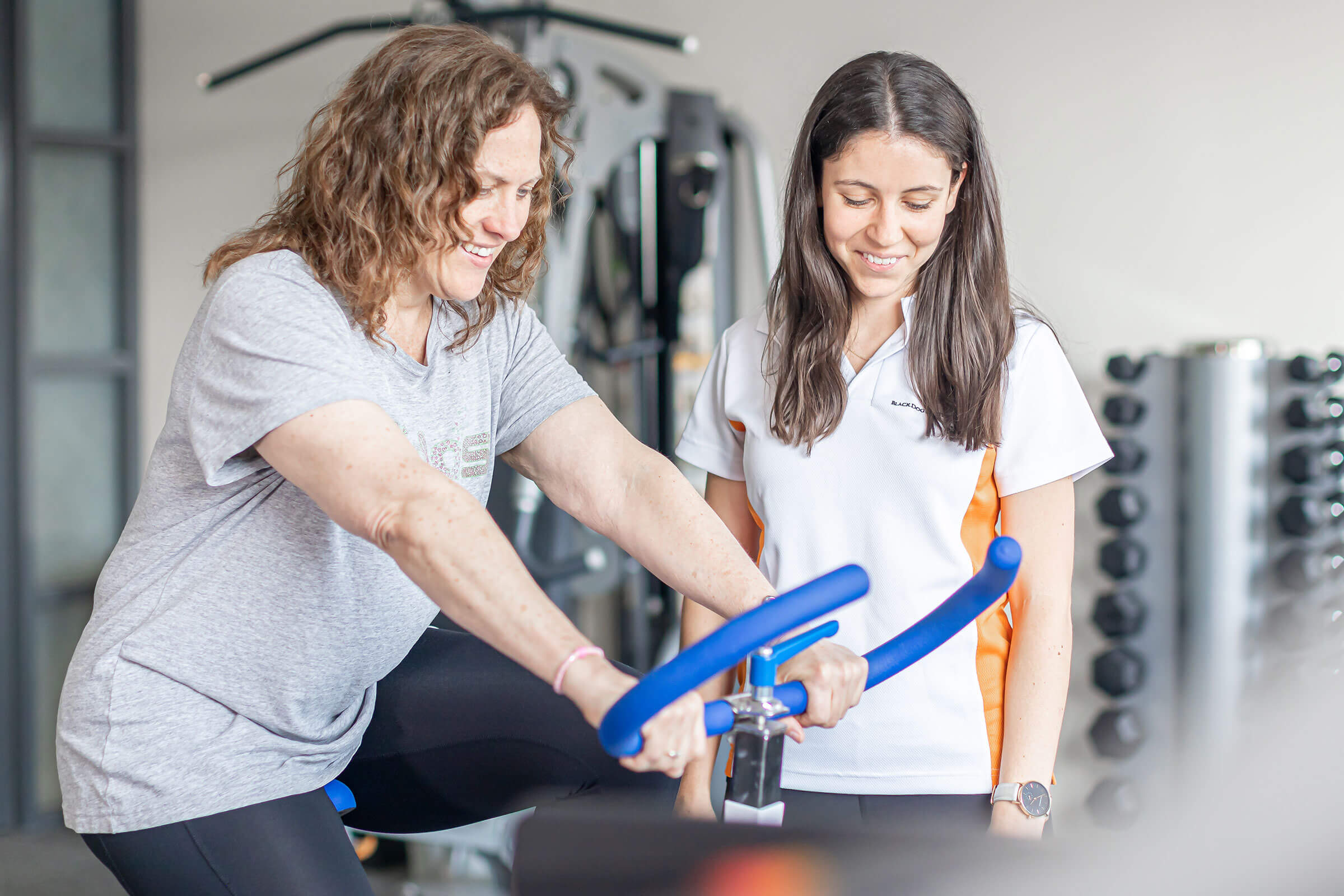5 Easy Facts About Exercise Physiology: Definition & Goals - Study.com Explained

Unknown Facts About Exercise Physiology - University of Lynchburg

Workout might exacerbate ketoacidosis by increasing ketone synthesis in reaction to increased flowing NEFA's. Type II diabetes is likewise intricately linked to obesity, and there might be a connection in between type II diabetes and how fat is saved within pancreatic, muscle, and liver cells. Likely due to this connection, weight loss from both exercise and diet tends to increase insulin sensitivity in the majority of individuals.
Although nobody is technically treated of diabetes, people can live typical lives without the worry of diabetic complications; nevertheless, restore of weight would surely result in diabetes symptoms and signs. Energetic exercise (such as workout or difficult labor) increases the body's need for oxygen. The first-line physiologic response to this demand is an increase in heart rate, breathing rate, and depth of breathing.

Amazon - Exercise Physiology: Nutrition, Energy, and Human Performance: William DMcArdle, Frank IKatch, Victor LKatch: 9781451191554: Books
More basically, oxygen intake is dictated by the amount of blood distributed by the heart as well as the working muscle's capability to use up the oxygen within that blood; nevertheless, this is a little an oversimplification. Although This Is Noteworthy is believed to be the limiting element of this relationship in healthy people, it is not the only determinant of VO2 max.

What Is Exercise Physiology? - Exercise Science CUC
The Best Strategy To Use For The Bachelor of Science in Exercise Physiology - Chico State
Numerous pathologies and anomalies trigger conditions such as diffusion constraint, ventilation/perfusion inequality, and lung shunts that can limit oxygenation of the blood and for that reason oxygen distribution. In addition, the oxygen carrying capability of the blood is likewise a crucial determinant of the equation. Oxygen carrying capability is typically the target of exercise (ergogenic help) help used in endurance sports to increase the volume percentage of red blood cells (hematocrit), such as through blood doping or the use of erythropoietin (EPO).
Dehydration [edit] Dehydration refers both to hypohydration (dehydration induced prior to exercise) and to exercise-induced dehydration (dehydration that develops throughout workout). The latter decreases aerobic endurance efficiency and results in increased body temperature level, heart rate, perceived exertion, and potentially increased reliance on carb as a fuel source. Although the negative impacts of exercise-induced dehydration on workout performance were clearly shown in the 1940s, athletes continued to believe for many years afterwards that fluid consumption was not useful.
